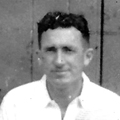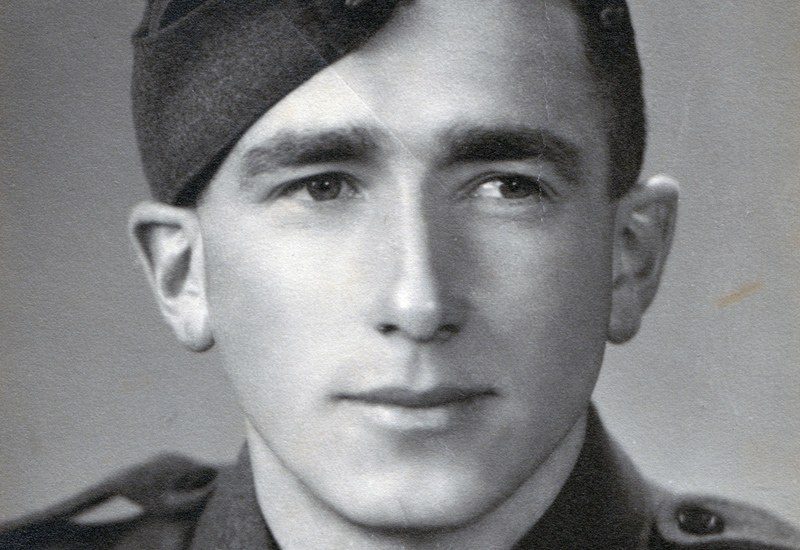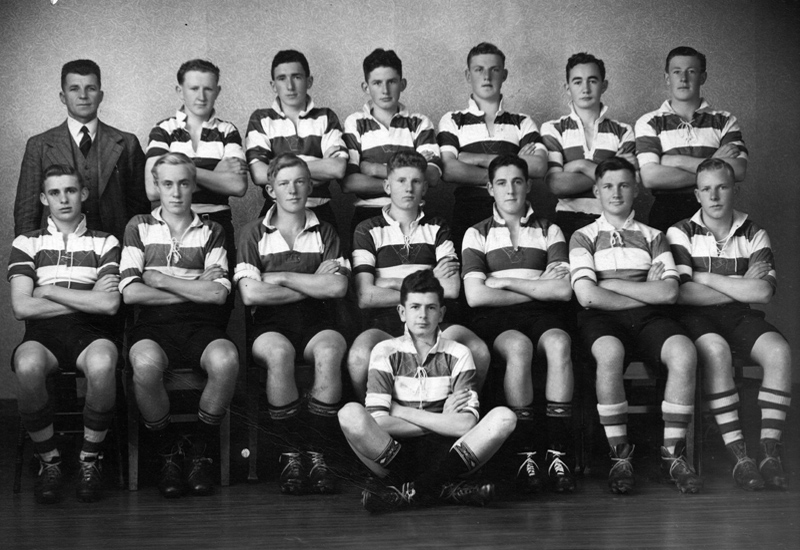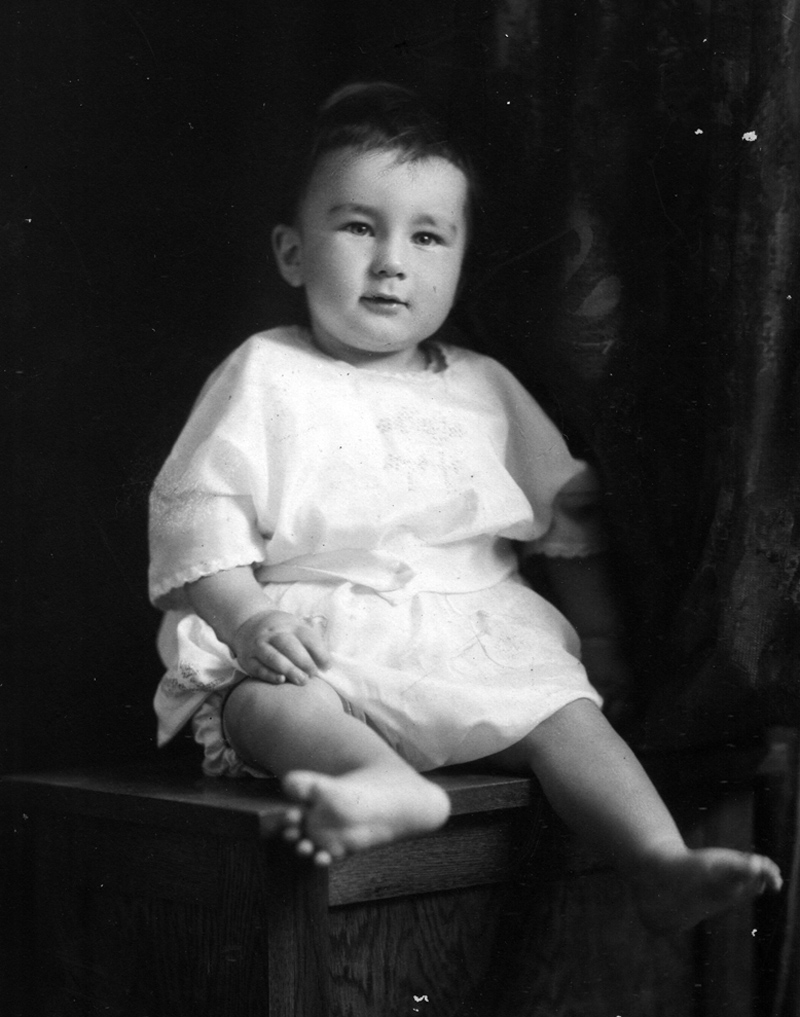 Alan Goss
Alan Goss
“We’re shaped more by the disasters than the triumphs… as people as well as towns/cities”
Alan Montgomery Goss was born in Waghorne Street at the Port, and he attended the Port School, then Napier Boys High School. His grandparents lived in Battery Road at the Port, his grandmother having come out from the UK to the Port in 1867 aboard the Montmorency. His grandfather had driven a horse cab between Napier and Gisborne, and Alan’s father worked at Williams & Creagh.
Some of Alan’s earlier memories are of the 1931 Earthquake, and he remembers being thrown around. His father liked to tell the story of Alan’s first words after the quake; “that was a beaut.” Their house having been damaged during the earthquake, the family lived in a camp near Battery Rd at first, before being taken as refugees to Taradale, then living for a period of several months with relatives in Woodville. He remembers that it was an unsettling time, but they accepted it. A family friend Harry Shepperson, who worked at the Port, died in the quake.
Like many kids growing up in New Zealand during the Depression years, Alan’s parents tried to shield him as much as possible from the financial pressures, but he still had a sense that times were difficult. His mother had to take in boarders to supplement the family income, and when the neighbour’s son was married, Alan remembers the spartan festivities and meal at the wedding that those hard times had necessitated.
Alan remembers life in this time as being much simpler. There were no cars so people tended to live their lives more ‘locally’; there was no TV – conversation and communication with people was much more central. Life was more intimate and community connections more important. “People really knew their next door neighbours ..the people around us were woven into our lives.” Alan looks back at growing up at the Port being somewhat like the TV show Coronation St, with people in a community knowing more about each other’s lives, the different industries and trades such as fishing, wool, timber etc being interwoven, and everybody knowing the shopkeeper’s name and vice-versa.
Kids growing up at the Port made their own fun. Playing cricket on empty nearby sections, building huts, or just wandering around and ‘mucking about’ along the Hardinge Rd seafront, were all popular pastimes. Visiting ‘town’ – going ‘over the hill’ by tram or bus on a Friday evening to go to the movies was popular.
Alan served in the Army in World War II, going into camp first in Greytown then Waiouru, before being away two and a half years overseas.
Reflecting on growing up in this unique, tight-knit community Alan has come to realize how important in shaping people the community connections are, and how we are defined by social aspects of our lives: “Life is one big bundle. It’s how we get along.”
Related Images
Jim Blundell – War Joining up Into camp
 Jim Blundell – War Joining up Into camp
Jim Blundell – War Joining up Into camp Jim Blundell – Provincialism and condescension
Jim Blundell – Provincialism and condescension Jim Blundell – Merchant Navy
Jim Blundell – Merchant Navy Jim Blundell – Home guard and Manpower work
Jim Blundell – Home guard and Manpower work Jim Blundell – Hard men combined
Jim Blundell – Hard men combined Alan Goss – Hardtimes Earthquake
Alan Goss – Hardtimes Earthquake Alan Goss – Entertainment at the Port
Alan Goss – Entertainment at the Port Alan Goss – The Port People Shaped life
Alan Goss – The Port People Shaped life Alan Goss – Intro Family Growing up
Alan Goss – Intro Family Growing up Audrey Bailey – Lagoon School
Audrey Bailey – Lagoon School Audrey Bailey – Local characters
Audrey Bailey – Local characters Audrey Bailey – The Port How its changed
Audrey Bailey – The Port How its changed




